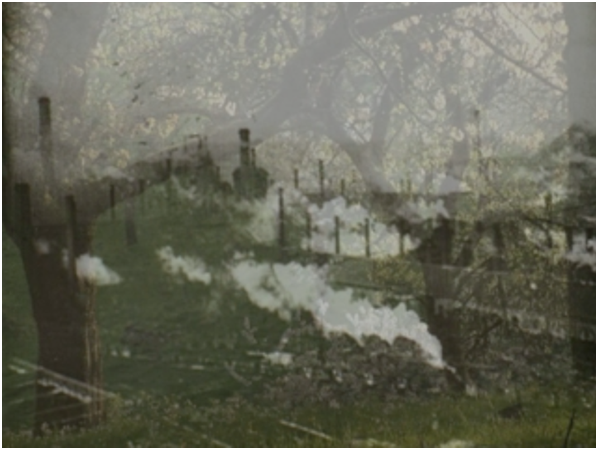A tendency towards connectedness also exists in a broader social/ societal context. The sociologist Ron Eyerman describes the feeling of social connectedness as a sense of belonging to a group (Eyerman, 2001). This sense of belonging can be disrupted by social crises that trigger experiences of social separation and alienation. These crises are often caused by wars, revolutions and other sudden social upheavals. The political scientist Thomas Nairn has identified industrialization and the extreme changes in working and living conditions that it triggered, as well as modern capitalism and its alienating effects, as a social crisis (Nairn, 1977). Luckhurst also speaks of the shock effects of modern life, which have been caused by increasing industrialization since the 18th century (Luckhurst, 2008).
 The causal connection between a loss of relationships on a societal level and violence becomes clear in the thesis of the historian George Mosse, who examined the ideological and social causes of National Socialism. Mosse underlines the importance of the experience of social connectedness by attributing the rise of fascism in Germany to a distorted ideology that developed in response to a sense of being uprooted which affected large parts of the German population since the early 19th century (Mosse, 1964).
The causal connection between a loss of relationships on a societal level and violence becomes clear in the thesis of the historian George Mosse, who examined the ideological and social causes of National Socialism. Mosse underlines the importance of the experience of social connectedness by attributing the rise of fascism in Germany to a distorted ideology that developed in response to a sense of being uprooted which affected large parts of the German population since the early 19th century (Mosse, 1964).
We have so far discussed the loss of connection in the context of individual psychology and in the social and societal environment separately. These phenomena can of course also occur at the same time and thereby reinforce each other in their effect. How a situation could arise in which in addition to the unprocessed traumas that individuals might have been affected by, experiences of shame and humiliation added a further sense of loss of social connectedness in a society in which the feeling of social belonging had been disturbed for a long time and how these losses of connection mutually reinforced each other to encourage and allow voilence to occur, we will discuss in the second part of this blog series when we look at German history.
Bibliography
Eyerman, R. (2001). Cultural Trauma. Cambridge: Cambridge UP.
Luckhurst, R. (2008). The Trauma Question. New York: Routledge.
Mosse, G. (1964). The Crisis of German Ideology. New York: Schoken Books.
Mosse, G. L. (1979). Ein Volk, ein Reich, ein Führer: deutsch völkische Ursprünge des Nationalsozialismus (Deutsche Erstausgabe ed.). Königstein: Athenäum Verlag.
Nairn, T. (1977). The Break-up of Britain. London: New Left Books.
Images
A still from the film ‘Das Vermächtnis’